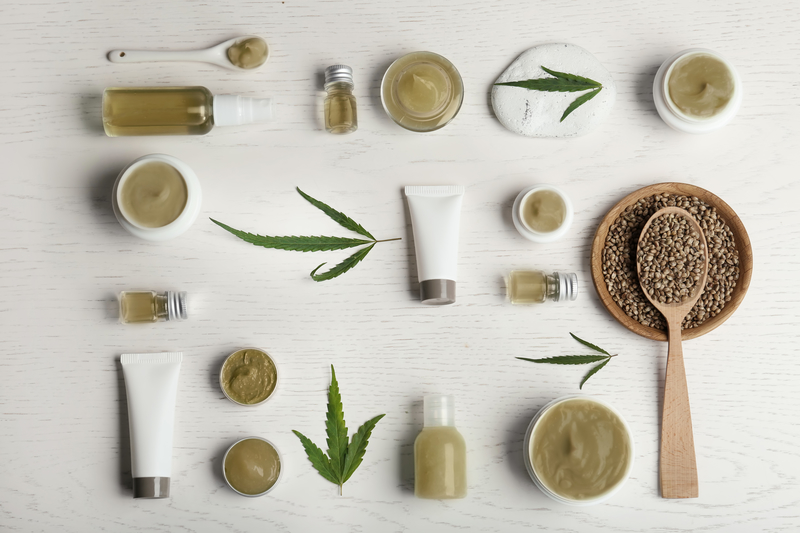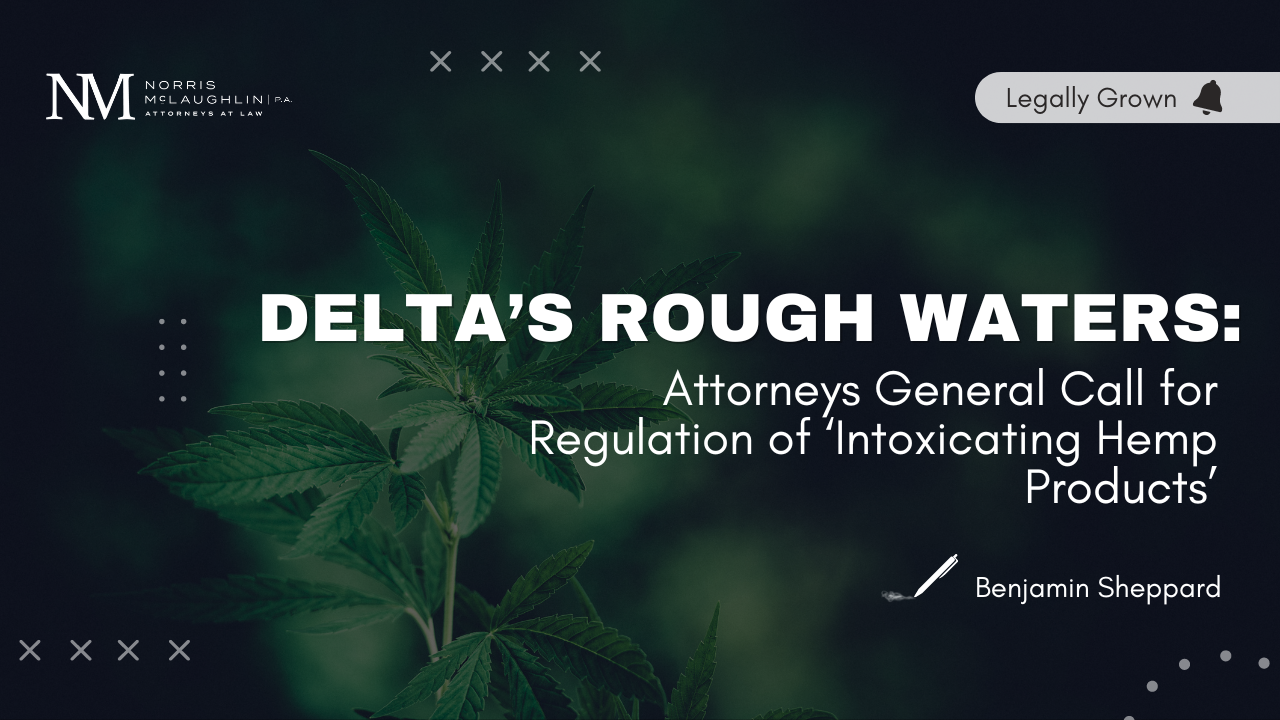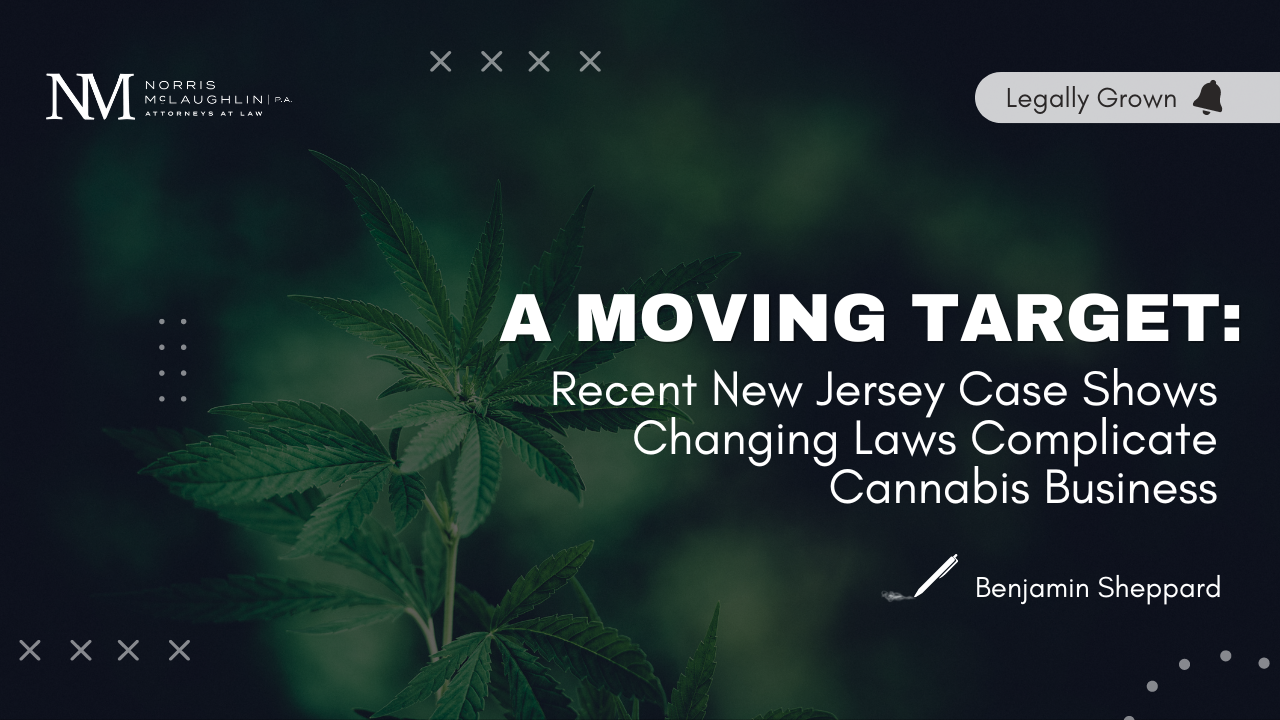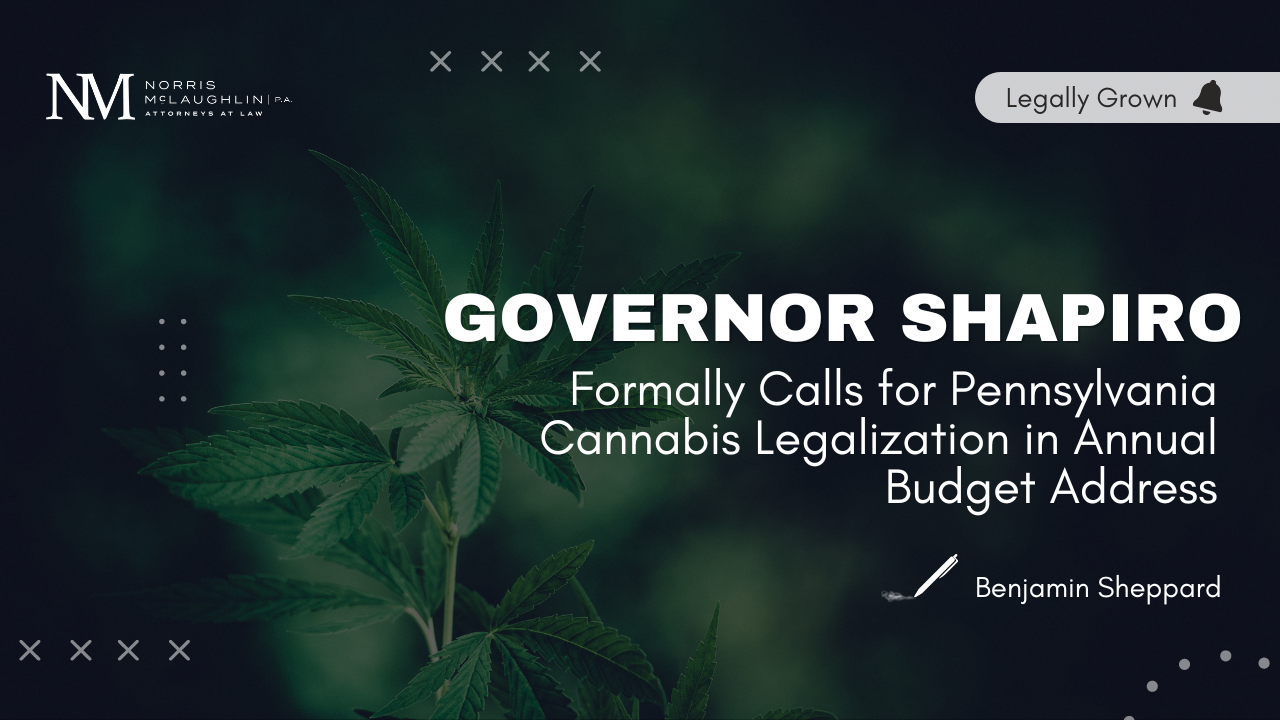It’s CBD, Not THC, I Swear: The Need to Know Your Cannabis Product

Cannabidiol, a cannabinoid found in the cannabis plant, more commonly known as “CBD” (or what sellers are claiming to be CBD) can be found everywhere – on the Internet and social media, and at wellness centers, grocery stores, pharmacies, and convenience stores. But is it really CBD? The emerging CBD market still lacks consistent regulatory oversight, making it difficult for wholesalers, retailers, and end consumers to know if a “CBD” product is, in fact, CBD. Under the recently passed federal Farm Bill, CBD derived from industrial hemp must contain .3% or less of THC (and don’t forget applicable state law, if any). If you have attended any of the seminars presented by our Cannabis Law Team, or you are one of our CBD clients, you surely have heard us say that it is imperative that you know what you are selling. If you are a wholesaler or retailer, ensuring that your supplier is a reputable source and provides lab reports is critical, but in this uncertain and inconsistently regulated cannabis world, it does not guarantee that your business is protected. And of course you, as the wholesaler or retailer, cannot misrepresent exactly what you are selling. But making accurate representations about your CBD products are inherently reliant on the representations and promises made to you by your supplier. The scenarios below highlight some of the risks of operating a CBD business in today’s environment.
New York
In the recent case of Horn v. Medical Marijuana, Inc. from the Western District of New York, a CBD retailer may be subject to liability and damages on a racketeering claim asserted by the retailer’s customers. The plaintiffs were end consumers who bought and consumed a CBD oil to relieve pain and inflammation. (If the seller was representing that CBD could, in fact, do such things, that is a whole other issue for another blog post). The plaintiffs claimed that before purchasing, they researched the product, which purported to contain zero THC, and even contacted the seller’s customer service department, which reiterated that the CBD oil contained no THC. After consuming the oil, one of the plaintiffs was later drug tested at work, and tested positive for THC, with the plaintiff’s sample containing almost double the “cutoff” concentration of THC. The plaintiff sued the seller asserting claims of deceptive business practices, fraudulent inducement, racketeering, products liability, negligence, and intentional infliction of emotional distress. The defendants were successful in moving to dismiss the deceptive business practices claims (there was no proof that the deceptive acts occurred in New York), the products liability, negligence, and emotional distress claims (as they could not show a cognizable personal, property, or psychological injury), but the racketeering claim survived, and may proceed to a jury trial. In its discussion of the racketeering claim, the court noted that seller’s “sale of the hemp-based CBD products was no mere aberration of unlawful conduct: it was the raison d’etre of Defendants’ venture.” Keep in mind, if the seller is found liable for racketeering, the penalties can be stiff, including threefold damages and attorneys’ fees and costs.
Texas
Last month, in Duncanville, Texas, police raided two tobacco stores, seizing hundreds of pounds of CBD products. The store owners denied that their products were “marijuana,” claiming their products could not get you high. The police disagreed, describing the goods seized as “apparent marijuana products labeled [as] hemp flower.” The police were clear that marijuana is still illegal in Texas. Although no arrests were made during the raid, the criminal investigation remains open. This investigation highlights the importance of the risks of being subjected to further scrutiny by local officials and the related costs associated with selling CBD products.
Idaho
And don’t forget about the trucker who was arrested in Idaho while transporting 7,000 pounds of industrial hemp from Oregon to Colorado. When the product was tested, it returned a positive result for THC in the amount of 0.043%, which is acceptable as legal hemp under the federal Farm Bill, but not Idaho law. This case is a cautionary tale that even if you meet the federal standards, you must always think about state considerations.
Your parents’ mantra that you can’t believe everything you see on TV holds true in the cannabis industry. The proliferation of “CBD” products does not mean that what you see is what you get, or that your business activities are compliant with all applicable laws. Operating in this unsettled market creates significant risk, but there are ways to mitigate this risk. It is vital to have a team of professionals helping your CBD business navigate what, in many ways, is still unchartered territory.



